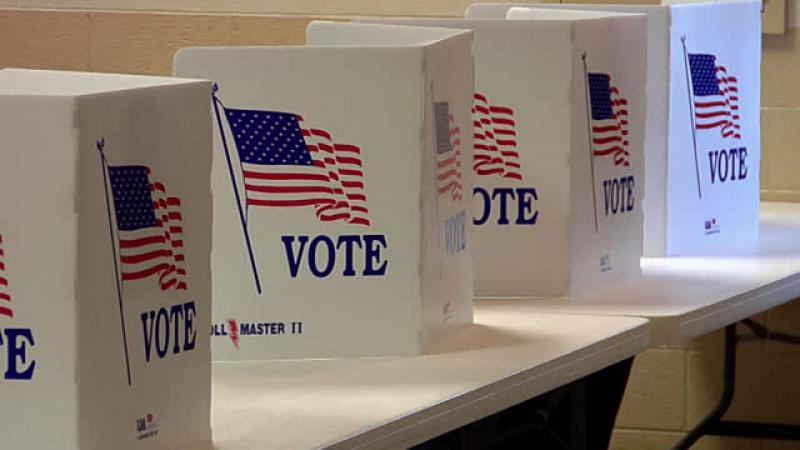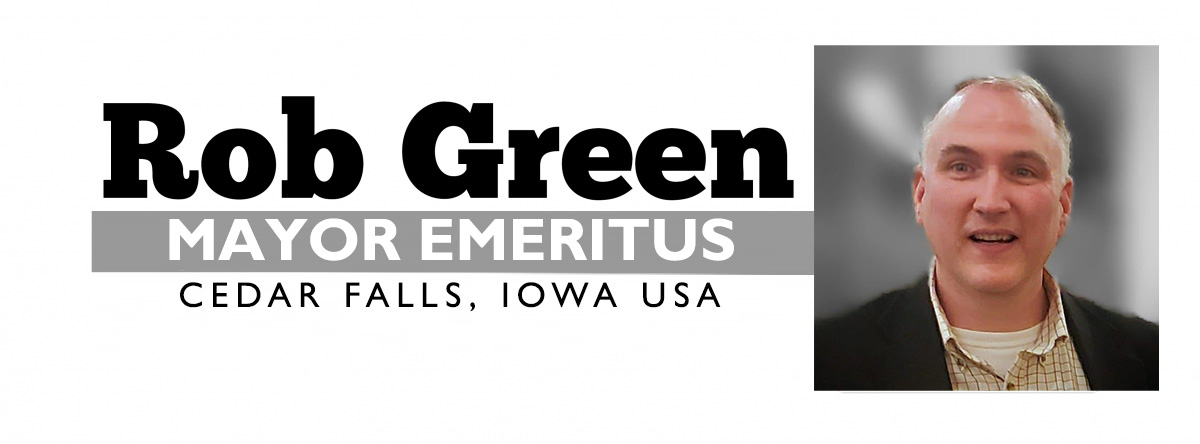
The vitality of our City Council depends on having healthy, informed competition between candidates, and we need to debate ideas and encourage new perspectives in our community. Common citizens should have the tools and confidence to run an effective campaign, so that elections don't become the sole domain of the wealthy or well-connected. To that end, here's a little write up of what helped me to prepare for the November 2017 election. These aren't tricks for winning, but general advice for how to ready yourself for service....whether in November 2019 or later down the road. These are actions any one can take, if you're willing to put in the time!
1. View City Council Meetings and Peruse the Council Packets. You can do it in person on the first and third Mondays, or watch them on Channel 15 or YouTube (though in-person's more fun!). It's very helpful to understand the dynamics of council meetings, watch expressions and interactions, and observe the basic meeting flow. If you have a (hopefully informed) opinion on something before council, don't be shy about stating your opinion at the podium. I did it twice -- once to express my concern that the four lane / turn lane apporach to the 1st Street Reconstruction would turn 1st Street into a dangerous stroad, and once to give my thanks for the city's support for the National Day of Civic Hacking in June 2016 (we built MET Transit a great new website). It would be pretty obvious if you're using the podium just to grandstand or get your name out there, but don't let your interest in running for council make you shy about speaking as a private citizen when appropriate. It's your civic right! And the Council Packets, available on the city website, provide all the documentation for the decisions at each meeting. Know what's in the packets, and why they're important.
2. Participate in Neighorhood Association Meetings. Neigborhood associations are a great way to find out what the neighborhood issues are. If neighbors are having issues or frustrations with the city, you can find out about them there. Learn names, and take the association leaders out for coffee sometime. Find out what's important to them, and think about what actions you'd support for addressing those issues.
3. Follow the Planning & Zoning Commission's deliberations. The recommendations and activities of the Planning & Zoning Commission are a very important aspect of our civic life, and the presentations made by city staff are very insightful. Think about whether or not you agree or disagree with their recommendations, and why....this can be a very helpful starting point for building a plaftform (see #8 below). Pro tip: the P&Z meetings are now on YouTube, which is great because you can watch them at 2x speed by changing speed in the Settings gear. You'll get through the meetings twice as fast, and everyone's more fun to listen to. :) I wish I had done a lot more of this prior to my council run!
4. Become Familiar with the City's Guiding Documents. Soon after I announced my candidacy, the City Administrator and four Directors met with me at City Hall to explain what their respective departments do; I was already pretty familiar, but found their binders and supporting documents incredibly helpful. I wish I'd had them for my neighborhood association work! Key resources you should be familiar with are:
-
The City's Comprehensive Plan. This state-mandated guidance document showing current and projected city demographics, economics, land uses, and all kinds of other fun stuff. It's available on the city's website. You don't need to memorize it, but just appreciate that it exists and generally know that it's used to help guide the city's long-term thinking. Our current edition, which is a little dated now, was created in 2012.
-
The City Budget. I'm surprised nobody asked me any budget questions during the campaign; still, I did my best to get a handle on what we're spending money on, and (just as important), what we're NOT spending money on. It's about a $96 million budget, with many revenue sources and funding lines. It can be intimitating, but at least get the big picture on it. This is a big ol' binder you'll need to get from City Hall.
-
Council Goal Setting Documents. Here's the 2017 edition...a current one isn't posted online yet. This is kind of like the city's internal Strategic Plan; council members deliberate each November to say what their priorities for staff will be in the coming year. It's a great tool for debate, because perhaps you totally disagree with what a policy direction is....you can point back to this document during the campaign and say, "I believe we should go the other way". Informed debate in action, yay!
-
The Capital Improvement Program (CIP) Plan. Each year, the city staff prints up a big (and I mean big) binder of all the big city projects that have either been funded for the next year, or are anticipated to be funded in a future year. It's fantastic that Cedar Falls does this, and more Iowa cities are getting onboard with doing something similar. By documenting all these projects, there's few surprises. While I'd love to see the whole document available as a searchable database, for now all you can see online is a MUCH smaller Cliff Notes version (and it looks like only an older one is available online). There's not much you can do about the next year's expenses, but you could build a platform to remove things that you don't agree with in the plan. By advocating for changes in the CIP, you're giving a voice for residents to directly influence what gets funded and what's dropped off. Representative government in action, yay!
5. Take a Tour of the Municipal Code. The City Council is responsible for approving, changing, and removing ordinances from the books; some code is outdated, some is confusing, and some is really vague. All of it is searchable online at: https://library.municode.com/ia/cedar_falls/codes/code_of_ordinances. If you see certain aspects of the code that you don't agree with or think should be clarified or changed, that could make a great platform issue. Talk with neighbors and civic leaders to find out what code they'd like to see changed. You don't need to memorize code, but be familiar with what's in it, how it's organized, and how to search through the MuniCode site to find stuff you're looking for.
6. Talk to Current and Past Council Members. I found it really helpful to build relationships with my council members; I asked them questions in person and over e-mail, especially when I disagreed with their decisions. I was always very friendly, and it helped me to understand their rationale for their decisions. I think that's helped me out now that I'm actually on council, because they know I'm friendly, respectful and constructive, even in our disagreements (being a bombastic, single-issue 'anti-something' person won't get you very far). Also, I found it helpful to connect with past council members, too, and I enjoyed hearing their stories about what they enjoyed and found difficult during their time on council. Incredibly insightful!
7. Know Your Ward Boundaries, Demographics, and Issues. Take a gander at the Ward Map and know the boundaries of the area you want to represent. You can see that the boundaries are a little kitty-wumpus! By knowing the boundaries, you can get a better sense in your conversations with residents for what matters to them, and whether or not you it makes sense to ask them for their eventual support (as a voter, volunteer or donor). Plus, maps are fun!
8. Start Drafting a Campaign Platform. The actions I noted above should give you enough insight to begin writing out your own positions on the big issues of the city. Granted, we on Council have to keep an open mind about all the issues that may come before council, but especially as a non-incumbent candidate, I freely expressed my support for allowing properly-regulated Urban Chickens (that would be a great band name, by the way)....as well as a carefully considered position that opposed the construction of a new Public Safety Building on South Main Street. It took a year to consider these things which is why I recommend starting your homework on this now, rather than a year from now.
9. Volunteer for a Board or Commission. I can't recommend highly enough the value of serving on a city board or commission. I was appointed to a three-year term on the Board of Rental Housing Appeals in early 2016, which was a great way to connect with city staff, other board members, and City Hall in general. You get to appreciate their day-to-day work, and those personal relationships and trust are especially important once on City Council. If nothing else, it's easier for me to challenge city staff on data and process when I feel they know I care and I'm not doing it against them personally (yeah, I'm a feelings kind of guy). Find out what openings are coming up, and put in an application!
10. Volunteer on somebody else's campaign. If you can, volunteer on the campaign of somebody else who's running for council before mounting your own campaign. I volunteered as a general helper guy on Cedar Falls campaigns in 2013 and 2015, and those really gave me a great perspective for what to expect in 2017. It also helped me to see what worked and didn't work in those campaigns, so I could learn from them and feel confident doing things a little differently in my own campaign, as needed. Plus you can meet other great people who are interested in local politics -- lasting relationships which will no doubt help in the civic work of all, even years down the road.
I hope this list gives you a better sense for what will help you be an effective candidate! While I won't support any particular candidate (incumbent or challenger), I know that Cedar Falls elections are better when candidates are informed and can effectively articulate views and governing philosophy while on the campaign trail. Thanks for reading all the way through, and leave a comment below or on Facebook if I missed any great "getting ready to run" tips you want me to share. :)
